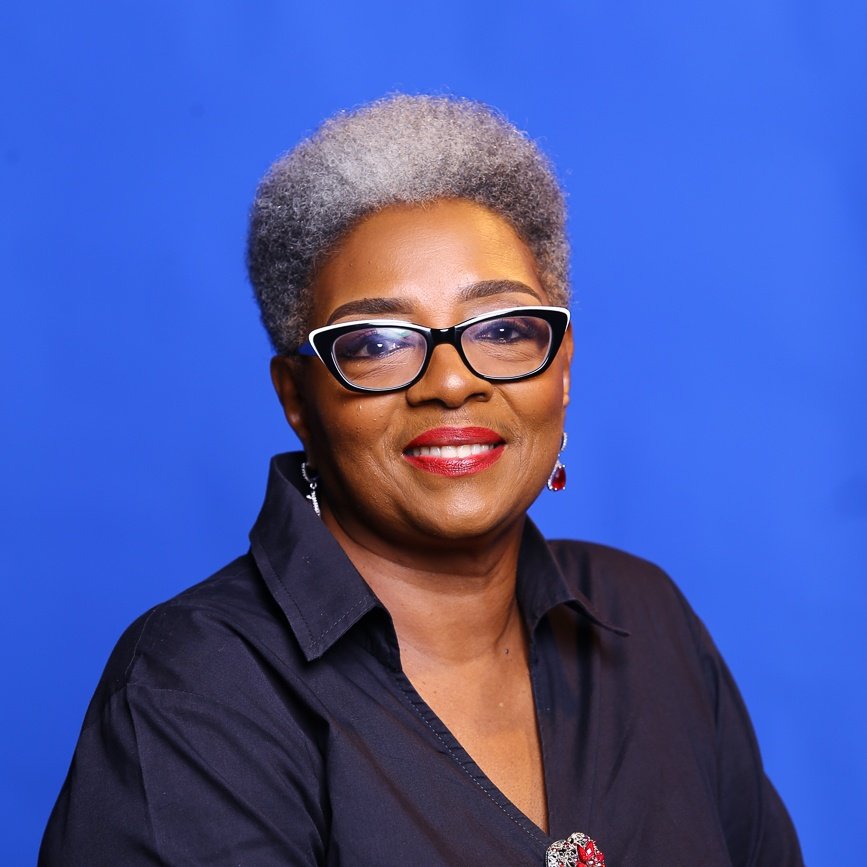By Halimah Olamide
Veteran broadcaster, Bimbo Oloyede, has advised that preventive kits should be put in place to safeguard journalists in the course of reporting conflicts, and terrorism.
Oloyede said this on day 1 of the Wole Soyinka Center for Investigative Journalism (WSCIJ) 16-Day Activism Against Gender-Based Violence, themed: “: Safeguarding female journalists, survivors of terrorism and banditry against sexual violence.”
“I am not sure of our own situation here in Nigeria, I don’t know how much preventive clothing is provided for journalists whether male or female when in areas of conflict.
“Anybody that is going to an area of conflict should go physically prepared in terms of clothing and should be physically fit as sometimes you need to run or dodge.
“Before assigning a reporter to go to an area of conflict, things like that should be looked at in terms of fitness, being mentally alert, and being mentally capable of withstanding stress because it’s not a walk in the park.
“Those are the kinds of preventive tools that can be made available so that reporters don’t find themselves in trouble and maybe once a reporter gets into the field, the next important thing to do probably is to make contact with whatever security agencies are on the ground because you never know when a getaway is required.” She said.
She also harped on the need to commit resources in terms of talents, experiences, knowledge, and ideas to achieving positive results in the fight against gender-based violence.
“We all need to commit our various resources to achieve positive dividends in the future, the main benefit being the prevention of gender-based violence
“We can all volunteer our different talents, experiences, platforms, knowledge, and ideas to make meaningful and long-lasting impacts on what has now become a pandemic which affects all of us in one way or another.
“If people want to make an impact, there are stories to be told and reported on and that might be an understatement to say it is difficult because we have watched international reporters reporting from war-torn zones and areas and we see the kind of precautions that they take.”
In the same vein, Human rights activist, Chido Onumah stated that is imperative to change the narrative in which violence against women is reported to boost advocacy and also support and pay attention to the needs of women, particularly in the media.
“When we can change the narrative in the way we report what women go through, it helps in the advocacy and push to correct things, so the more women we have in the media, we’ll get more of women’s voices but at the same time get more of women issues and also properly reporting those issues.
“Beyond getting those issues, we can as a society pay special attention to the needs of women, particularly for women in the media.
“Its important that we continue to highlight this, provide all kinds of support.”


